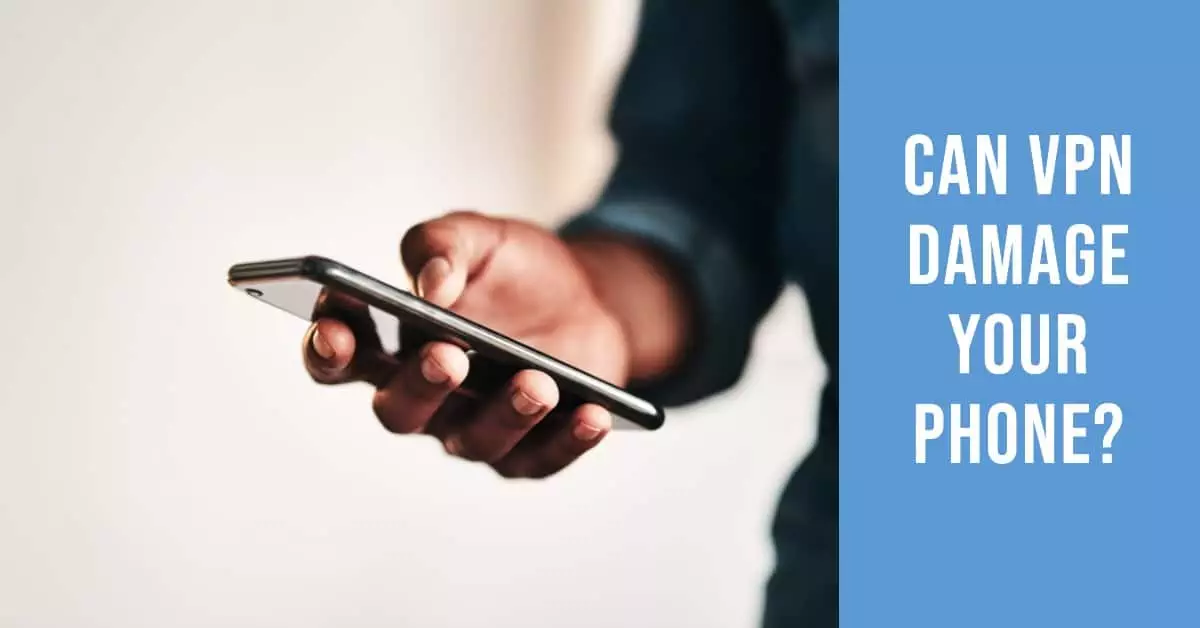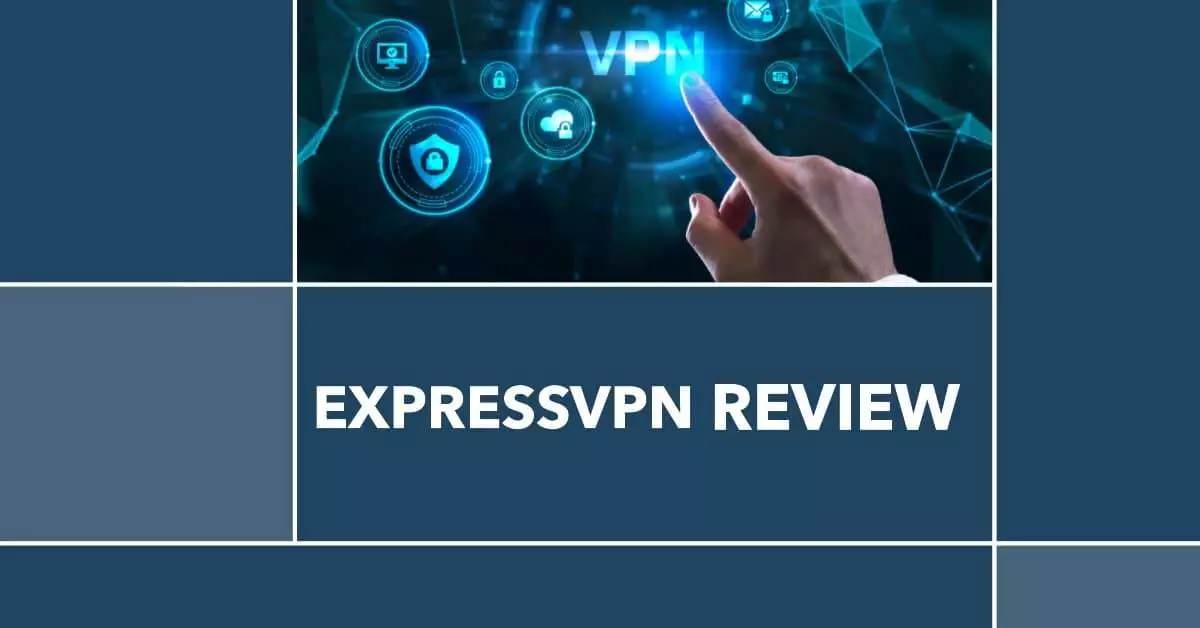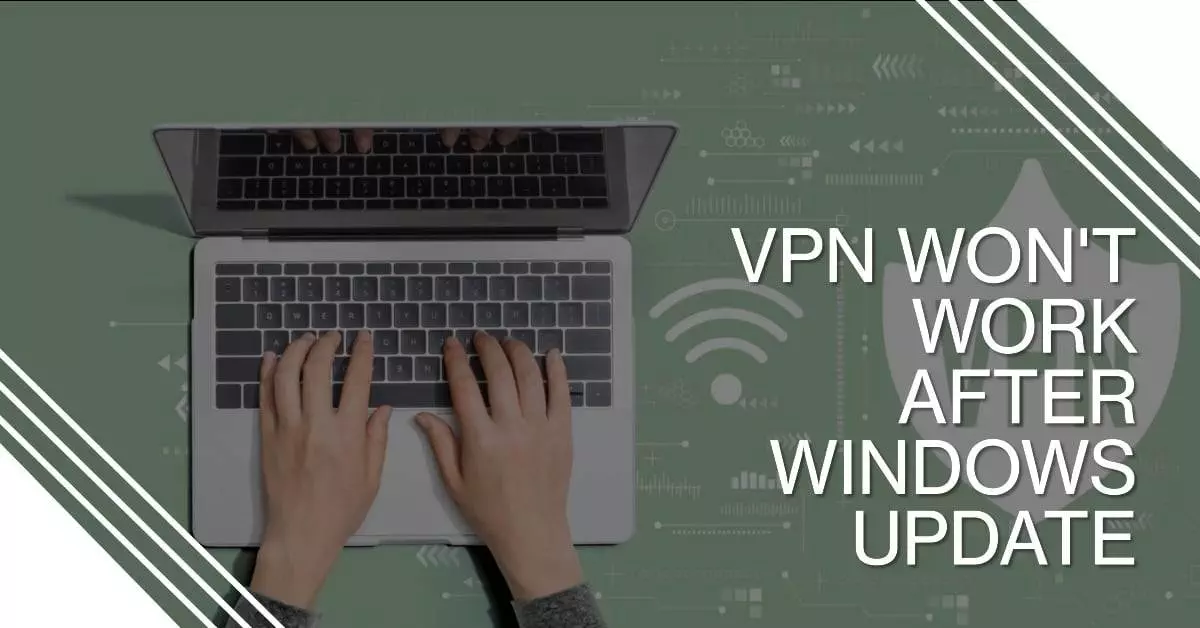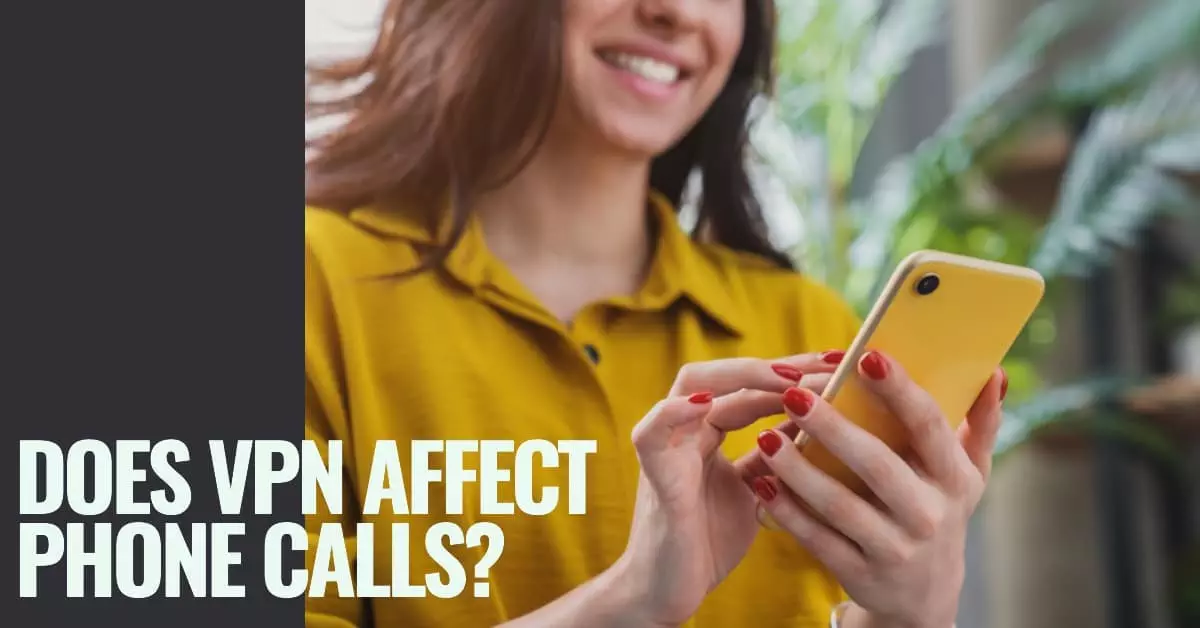You might be wondering, can a VPN damage your phone? The answer is no, a reputable VPN service won’t harm your phone.
That said, some factors can lead to potential problems, and knowing them is essential to maintaining your phone’s safety.
It’s important to choose a trusted and reliable VPN provider to ensure the safety of your phone. By doing this, you’ll not only protect your device but also enhance your online security.
Let’s delve deeper into what you need to take into consideration when using a VPN on your phone to steer clear of any potential issues.
Can VPNs Cause Harm to Your Phone?
When it comes to VPNs, you might wonder if they can cause harm to your phone. Generally, VPNs are designed to protect your privacy and enhance your security while browsing the internet, but there are factors to consider that could potentially lead to negative effects on your device.
It’s essential to weigh the pros and cons to determine if a VPN is right for you.
First, let’s explore the potential drawbacks of using a VPN on your phone:
- Battery consumption: Running a VPN service in the background can lead to increased battery usage, as your phone constantly encrypts and decrypts data. This may cause your battery to drain faster than usual.
- Slower internet speeds: Since VPNs route your internet traffic through different servers, you might experience slower internet speeds while connected to a VPN, particularly if the server is far away. The increased encryption and connection overhead might also result in notable latency.
- Fake or malicious VPNs: Not all VPNs are created equal – some apps disguise themselves as VPNs but could be potentially harmful. They might collect your data or contain malware that may harm your device. It’s crucial to research any VPN you plan to use and only download from a trusted source.
Now, let’s consider the benefits of using a VPN on your phone:
- Improved privacy: A VPN helps protect your privacy by masking your IP address and encrypting your data. This can make it more difficult for third parties to track your online activities and access sensitive information.
- Unblocked content: VPNs allow you to access geo-restricted content by changing your virtual location. This can be particularly useful when traveling or accessing certain streaming services that are not available in your region.
- Increased security on public Wi-Fi: When you connect to a public Wi-Fi network, a VPN can help protect your device from potential hackers or data breaches by encrypting your traffic and ensuring that it’s not intercepted.
To sum up, VPNs can provide many benefits for your phone, but they might also have some drawbacks. It’s important to choose a reputable VPN provider and be aware of the potential trade-offs when it comes to battery life and internet speed.
By taking the time to understand the risks and benefits, you can make an informed decision about whether to use a VPN on your phone.
Protecting Your Phone While Using A VPN
To clear up any confusion, VPNs don’t usually cause damage to your phone. However, it’s still essential to protect your device while using a VPN service. You can follow these steps to ensure a smooth VPN experience:
- Choose a reputable VPN provider: The first step is to carefully select a trustworthy VPN. Top-notch VPN services prioritize user privacy, maintain no-logs policy, and ensure that their app is regularly updated to tackle potential vulnerabilities. When researching, pay attention to other users’ experiences and reviews for informed decision-making.
- Keep your apps up-to-date: Outdated apps could have security vulnerabilities, thus keeping your device and VPN apps updated will provide you with the latest security patches and features. Regularly check your app store for updates and enable automatic updates if possible.
- Be cautious with public Wi-Fi: While VPNs can help protect your data on public Wi-Fi networks, it’s still best to avoid using them for sensitive tasks like online banking. When you must connect to a public Wi-Fi network, make sure you have your VPN enabled before connecting.
To keep your phone safe, consider these additional precautions:
- Enable a strong PIN, password, or biometric authentication: This creates another security layer, preventing unauthorized access to your device even if it’s lost or stolen.
- Install a reliable antivirus app: An antivirus app can detect and remove malicious software that may compromise your device’s security. Choose a reputable antivirus for your phone and keep it up-to-date.
- Be cautious with app permissions: Carefully review the permissions required by your VPN app and other apps. Avoid granting unnecessary access to your phone’s data or functions that the app doesn’t require to operate.
- Download apps from trusted sources: Stick to official app stores like Google Play Store or Apple App Store. These platforms offer a better guarantee that the apps have undergone a thorough review process, minimizing the chances of downloading malware-infected apps.
By following these guidelines, you’ll be able to use a VPN without putting your phone at risk. Stay vigilant, prioritize security, and enjoy the benefits of a protected online experience.
Conclusion
Let’s sum up the main points. VPNs, when used responsibly, won’t harm your phone. Instead, they provide numerous benefits like online security, privacy, and bypassing geographical restrictions.
However, be cautious of free or sketchy VPN providers, as they might pose a risk to your device and personal data [1].
Here are some key takeaways to remember:
- Choose a trustworthy and reputable VPN provider
- Ensure the VPN app is up-to-date and compatible with your phone’s operating system
- Avoid using free VPN services that may contain malware or collect personal data
To safeguard both your phone and personal data, it’s crucial that you do some research before selecting a VPN provider. By implementing the guidelines outlined above, you’ll be well on your way to using a VPN safely on your phone without causing harm to your device. With the right VPN, you can enhance your digital security and browse the internet with peace of mind.




Leave a Reply